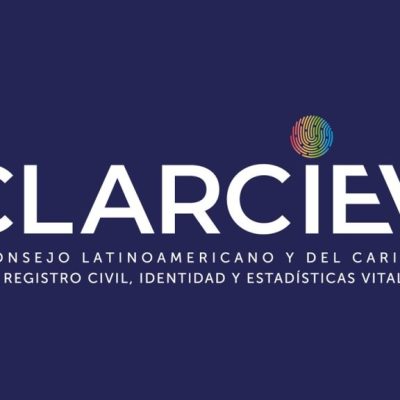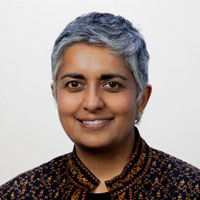One Year On: The Movement’s Journey Within the Global Alliance to End Statelessness
Proximity and privilege deeply shape whose voices are heard in the global struggle to end statelessness. For millions of stateless people, barriers such as geography, limited resources, and lack of access to documentation mean exclusion not only from their governments but also from the global humanitarian and advocacy spaces that claim to represent them. Meanwhile, those with passports and institutional power often move freely within international systems that remain inaccessible to the very people they aim to serve.
It is precisely this imbalance that the Global Movement Against Statelessness (GMAS) seeks to challenge through its involvement in the Global Alliance to End Statelessness. GMAS forms part of the Global Alliance Advisory Committee along two other stateless-led organizations as equal partners with States, regional organizations and UN agencies shaping strategies and driving change. The Alliance offers a rare meeting ground, one where states, international organizations, civil society, and stateless-led groups can work together on equal footing. But equality in intention does not automatically translate into equality in practice. GMAS joined the Alliance not merely to participate, but to reshape how participation itself is defined, to insist that stateless-led expertise, experience, and leadership are central to any effort that claims to end statelessness.
Over the past year, GMAS has used this platform to share knowledge, highlight power imbalances, and build genuine partnerships rooted in mutual respect. The Movement have engaged with Alliance partners in dialogue and action, sometimes celebratory, often critical about how the global response can move beyond token inclusion toward genuine co-creation.
Initiatives such as the Alliance’s Knowledge Webinar Series create meaningful opportunities for reflection and exchange, opening spaces for stateless-led voices to inform global thinking. These dialogues demonstrate the Alliance’s commitment to fostering a learning community that values diverse expertise. The past year as part of the Alliance has been essential in redefining what solidarity looks like, ensuring that stateless people are not only represented but are shaping the strategies, priorities, and accountability frameworks of the global effort to end statelessness. In this shared space, we have been able to connect, to share, and to begin rewriting what collaboration and justice truly look like.
Christy Chitengu
Co-Lead, Global Movement Against Statelessness
5 December 2025

Latin American and Caribbean Civil Registration Week: An Initiative Ensuring Identity for All
The Latin American and Caribbean Council for Civil Registration, Identity, and Vital Statistics (CLARCIEV) is the organization behind the campaign “Latin American and Caribbean Civil Registration Week,” held from September 1 to 16, 2025, and which sought to safeguard the fundamental right to identity.
Under the slogan “Latin America and the Caribbean, a region without invisible people: identity for all!”, CLARCIEV intensified its efforts to register births, covering both children and adults who still lacked a birth certificate. As a result of the campaign a total of 32,177 birth registrations were performed.
Read more18 June 2025

Ensuring Vocational Inclusion for Stateless Individuals
Stateless individuals face daily obstacles in accessing basic services – whether opening a bank account, booking travel, or securing employment. One often overlooked but fundamental barrier is the absence of a “stateless” or “undefined” nationality option in digital forms and application systems. Without it, individuals are frequently forced to enter inaccurate information or abandon applications altogether. Employers, including legal and HR teams, are often unsure how to process applications from individuals without nationality, even when they have the legal right to work. This lack of clarity and inclusion in administrative systems contributes – often unintentionally – to vocational exclusion.
An encouraging step forward came in August 2024, when UNHCR became the first UN agency to update its recruitment platform to accommodate stateless applicants. This progress followed sustained engagement by the stateless-led organization Apatride Network, whose advocacy helped identify and address technical barriers in the application process, that previously prevented stateless people from applying. In collaboration with its legal and human resources teams, UNHCR resolved the dropdown menu issue and clarified internal procedures – creating a more inclusive and accessible path for stateless candidates.
Read more22 October 2024

Ensuring the Resources to End Statelessness Together
The financial resourcing of statelessness research is one of the most challenging aspects of our work. Funders have heard of many other human right issues but, due to the often-unseen nature of statelessness, it remains an outlier. As a result, it is difficult for donors who are hearing about the issue for the first time to believe that such a problem can exist in the 21st century, let alone get to the point that they are convinced that this is an area that is worthy of their funding support.
As members of the Global Alliance to End Statelessness, we are committed to collaborative, coordinated action. This means helping ensure that we have the financial and other resources needed to catalyse and accelerate positive change. We believe that statelessness is solvable through a well-resourced whole-of-society approach.
Read more